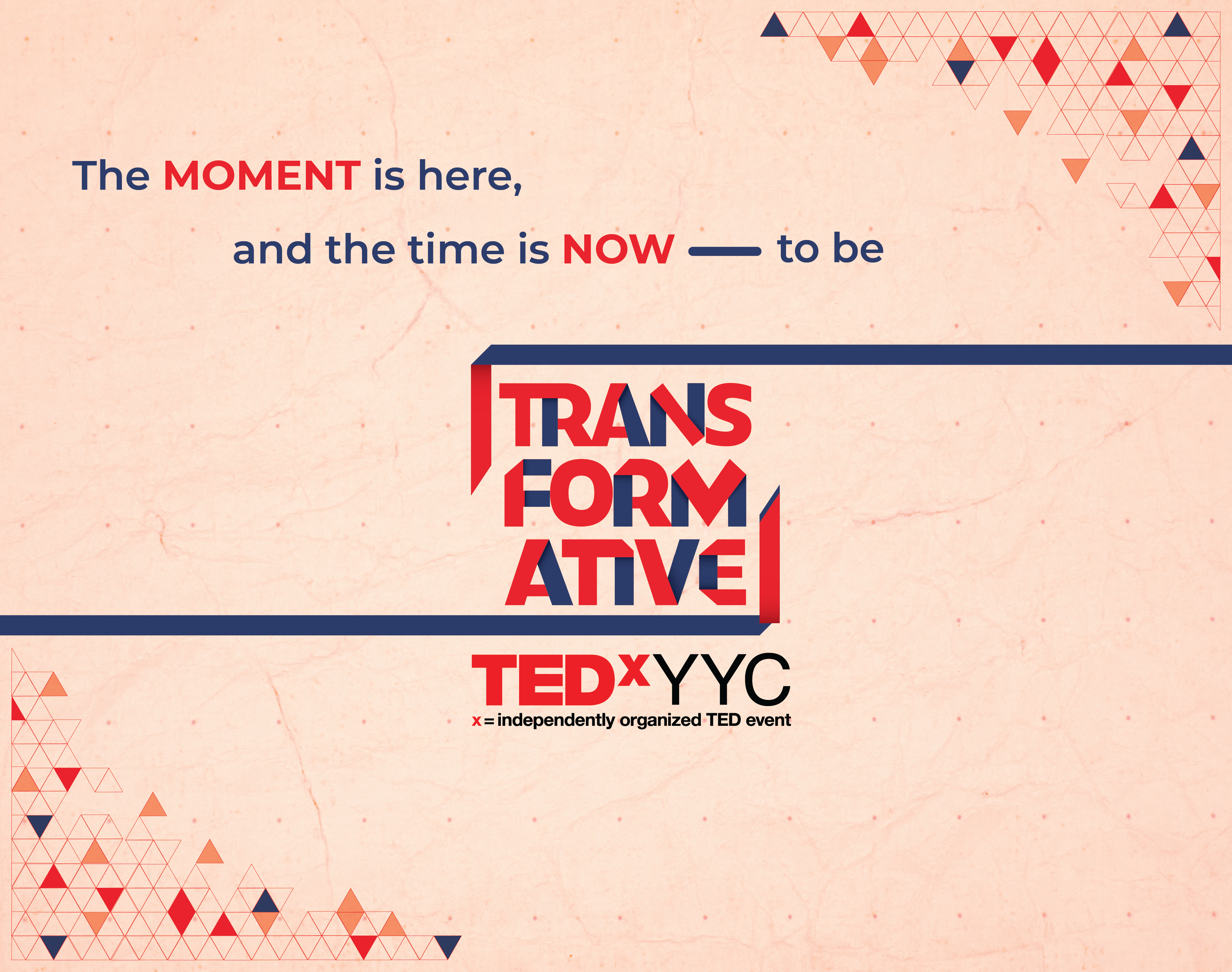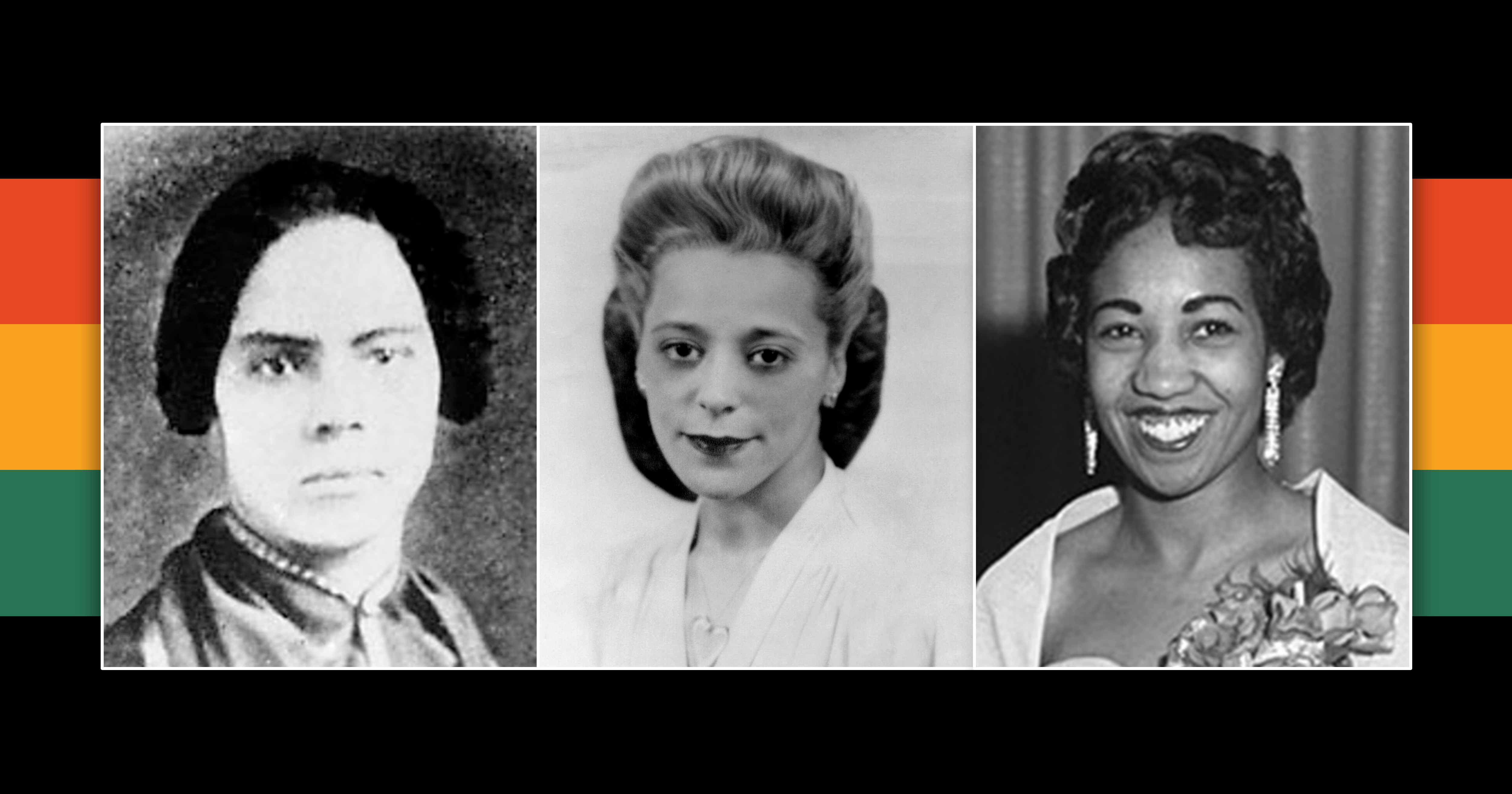‘Just picture them all in their underwear.’ If only it were that easy, right? Then we could all walk out onto a stage and smile to ourselves and confidently share stories with an audience. It may not be quite that easy, but being a confident speaker doesn’t have to be complicated.
Voice coach Iris Talbot guides those looking to lift their voice though speaking or singing – in her mind there is a lot of overlap. The voice doesn’t care if you’re singing or speaking, or whether you’re in front of a 1500 person audience or in a room with two others. It doesn’t mind what your morals are, or the style of clothing that you’re wearing. Your voice allows you to use it, to raise it, and to own it.
We all make judgments about people as soon as we hear their voice – both consciously and subconsciously the voice tells us an astonishing amount about someone in the first seven seconds of any interaction. Especially over the phone or other ‘voice only’ interactions, we immediately decide whether we trust someone, and whether we find them credible. This is part of why speaking with confidence and using our voice the best that we can matters so much.
Whether you’re an aspiring TEDx speaker or just looking to speak with more credibility and confidence at your next meeting, the same rules apply. Ultimately, says Iris, the first step to becoming a strong speaker is one of self-confidence. No matter who you are, you have stories to share that no one else does. You have something that others need to hear, something that they can learn from. Ultimately, acknowledging this fact is the first step to growing your confidence as a speaker. When you believe in your own credibility, others will see it, too.
The other speaking tips are a bit more tangible:
Make Some Noise
Part of Iris’ coaching for singers includes speaking drills, and for speakers include singing drills. As I experienced first hand, the first steps to using your voice are just that, using it. Too often in society we’re told not to make noise – but how can we get in touch with the power of our own voice without making noise?
After I spoke with Iris about the voice and what it means to her, she guided me thought some first steps of a singing lesson. As someone who has never claimed anything close to an ability to sing, this was both intriguing and terrifying. But as I found myself making what felt like obnoxious noises in her living room, I realized understanding the literal strength of our voice can help us to see the philosophical strength of it, too. So, speaking tip #1 is, make some noise:
-
sing too loud in the car
-
practice speaking loudly without aggression
-
find other opportunities to get loud occasionally!
Refine Your Noise
It didn’t take long for the sounds I was making in Iris’ living room to turn into musical, melodic noises that may have actually sounded kind of good. In the same vein, there are useful steps to take that can help you refine your voice and allow you to present your stories with clarity and confidence.
Listen to yourself speak in any circumstance, and pay attention to how many times you use ‘um’, ‘ah’, or other filler words. Practice simply pausing and taking a breath instead of filling a moment with ‘um’, ‘uh’, ‘so’, or other ‘security blanket’ words that ultimately undermine your credibility.
Any time you’re presenting, speak slower than you think you should. Especially if you’re presenting in a large room or over a sound system, it will take a few fractions of a second for your voice to reach everyone in the room. Slowing down ensures that everyone has time to process your words, and adds to how confident you sound.
Don’t be consistent. We’ve all heard speakers, teachers, or others that don’t offer a lot of variety in their voice. Add emphasis to your sentences and words – this can look like increasing the strength with which you say a word or syllable, or could also mean lowering or quieting your voice to capture attention. Adding emphasis is another valuable reason to use…. pauses…. in your speaking.
Practice Makes Better
Like all things, the more you practice speaking well, the better you will be at it.
Though it may feel like there are so many little things to pay attention to, this is where feedback comes in. Record yourself, get a practice audience together, or present to yourself in the mirror, and choose one thing to work on at a time. You may first work on slowing your speed, then get a friend to count your ‘ums’ and ‘ahs’ to help you lessen them, and then you may work on pronunciation and emphasis with a recording.
Theirs is no one right way to become a confident speaker, but practice is truly key. Groups like Toastmasters, or coaching like Iris’ can help you to accelerate the development of your abilities, and help you to have faith in your own voice.
Your voice is strong, it is unique, and the world needs it. Don’t be afraid to use it, to grow it, and to perfect the way you use it. It is one of the best things that you can do for yourself, personally and professionally.
Many thanks to Iris Talbot of Your Unique Voice for her insights and input. Learn more about Iris and her services here.


